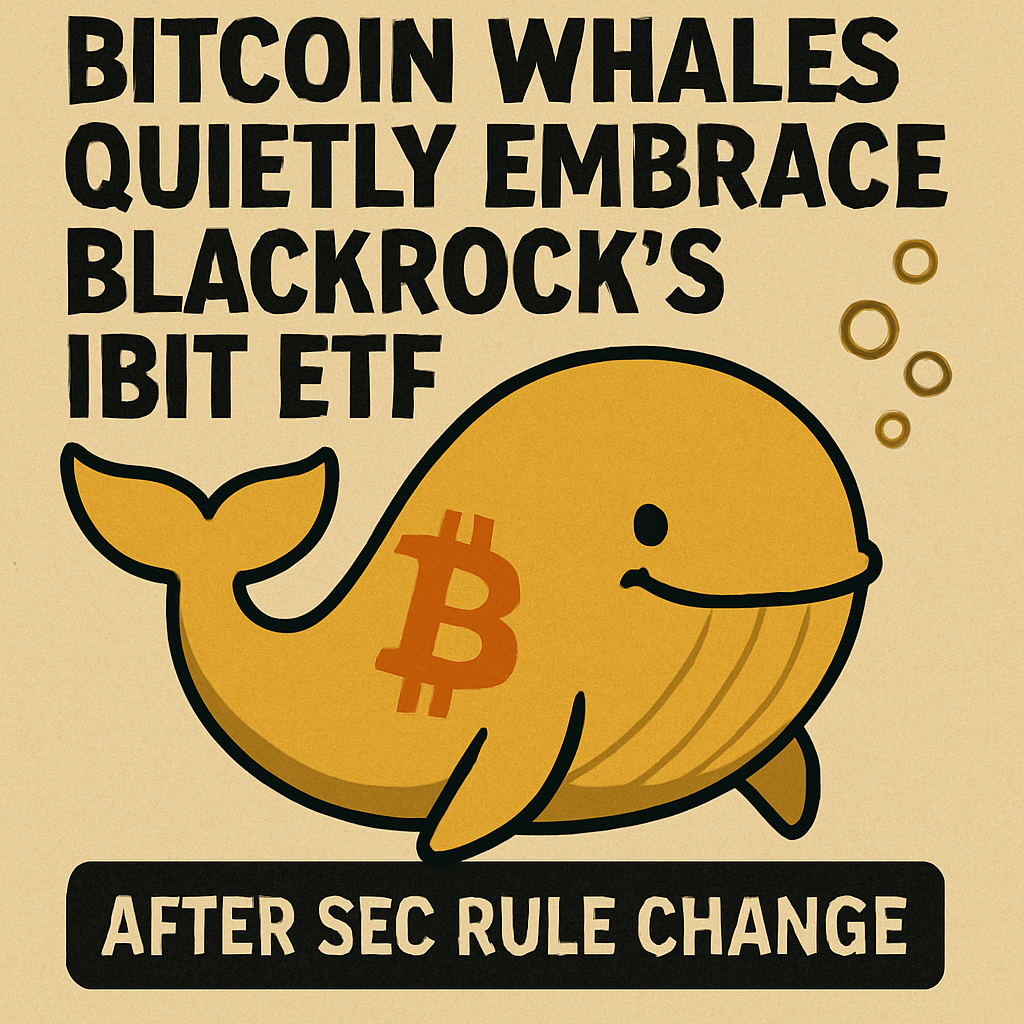Early adopters of Bitcoin are increasingly moving their holdings into exchange-traded funds (ETFs), with BlackRock’s iShares Bitcoin Trust (IBIT) emerging as a primary beneficiary. In an interview with Bloomberg, BlackRock’s head of digital assets, Robbie Mitchnick, disclosed that the firm has facilitated over $3 billion in conversions into IBIT since the SEC’s July 29 rule change that allows authorized participants to exchange ETF shares directly for Bitcoin rather than cash. By enabling in-kind creations and redemptions, the rule has improved efficiency and tax treatment for large-scale transfers.
Whale behavior data indicates a notable shift from self-custody to institutional custodial products. Onchain analytics reveal that these transfers are reshaping liquidity dynamics, reducing on-chain Bitcoin balances held by private wallets. Industry analysts suggest that the convenience of integrating Bitcoin exposure into existing wealth management frameworks via ETFs is driving this change. IBIT now holds over $88 billion in assets, marking it as the fastest ETF in history to surpass $70 billion.
The migration of large holdings has broader implications for market structure. ETF inflows have contributed to steadier price discovery mechanisms, narrower bid-ask spreads, and deeper liquidity on regulated exchanges. Meanwhile, debates persist regarding the impact on Bitcoin’s decentralization ethos, with long-time advocates warning of overreliance on centralized financial institutions.
Despite ideological concerns, institutional investors view ETFs as the most accessible route to Bitcoin exposure. Financial advisors and private banks are adopting these products to align digital assets with broader portfolio mandates. As ETF options expand, market watchers expect continued inflows, further cementing Bitcoin’s integration into traditional finance. This trend represents a milestone in crypto’s maturation, bridging the gap between blockchain-native investors and legacy asset managers.
.
Comments (0)